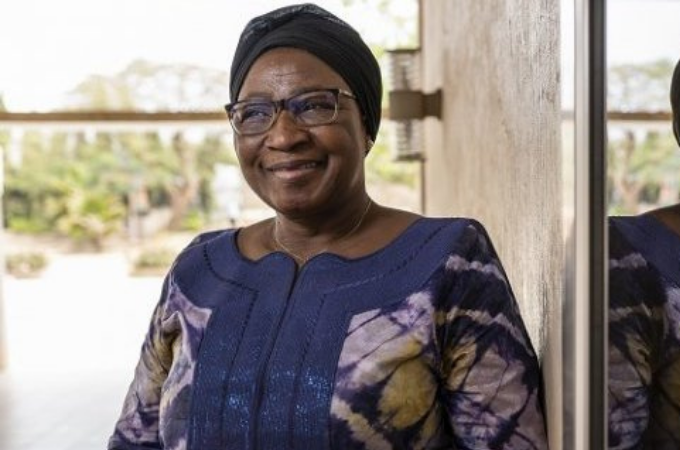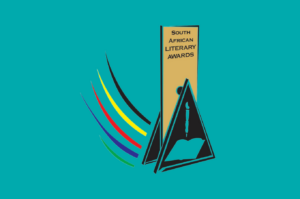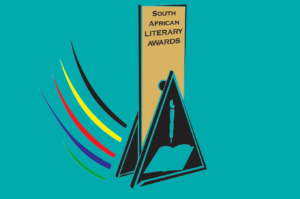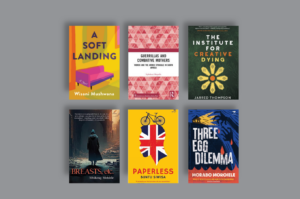
Monique Ilboudo is the first Burkinabè woman to publish a novel. She is in the faculty of Law at Ouagadougou University and writes essays for national newspapers. She has published four novels, the most recent is in 2020 and is titled Widow’s Crossroads. In an illuminating interview with Equal Times, she comments on the experiences of women in Burkina Faso and remarks on the place of fiction in imagining a feminist future. We’ve selected a few of our favorite quotes from the interview.
On the “Good Woman”
The main problem is self-censorship: for fear of being stigmatized, for fear of being labelled, many women don’t dare to speak out about their situation, about the discrimination or the injustice they suffer. The dominant culture considers that a good woman is one who keeps quiet.
On Being a Literary Pioneer
I think so, for two reasons: I was among the first women who dared to publish their writings. I think this has helped show that women too can and should speak out about our environment, our society, our culture and how we operate. If, thanks to my texts, just one little girl were able to say to herself, “So, it is possible”, then I will have contributed to building a female identity in Burkina Faso.
Every voice, male or female, is different, and adds to the wealth of cultural and artistic diversity in our country. Being who I am, creating stories and characters, contributes, I believe, to stimulating the imagination and the thinking of my contemporaries and my readers.
Someone once asked me if I was aware that I was a role model. It’s true that when I talk about women, I’m not talking about myself, I’m talking about the problems experienced by other women, the suffering I see. But it has only really struck me in hindsight. At university, a young student said to me: “It’s thanks to you that I’m here, I chose law because of you. I made an impression on young people, I had short hair and that inspired them. They called me ‘the aunty with short hair’. Although it wasn’t my intention at the time, I realise now that girls and boys have identified with me.
On the Danger of a Single Story
There can be no ‘African woman’s identity’! The singular here essentializes, dangerously. African women are different from one part of the continent to another, from one environment to another. They are fighting for more freedom and equality like so many other women around the world. This fight for full civil rights and against violence is central to their dignity. Modern communication technologies could enable us to better share the experiences that move these struggles forward, and to show more solidarity.
On African Women’s Future
I see a woman without complexes and who preserves a degree of authenticity, because it would be sad if she were in danger of becoming uniform. It’s important not to let yourself be dominated by other people’s ideas, but to stay true to yourself and your own ideas. There’s no need to have any complexes: if my neighbour has a good idea, I try to take inspiration from it, but I don’t apply it just as it is.
In my latest novel, I talk about Korean and Brazilian women selling their hair to get by and how no one wants our hair because we don’t even want it ourselves! We are humanity in diversity. We have to be ourselves because all the others are already taken, if I stay myself, it is up to me to define who I am, not anyone else. If we want to be respected, we have to respect ourselves. We cannot defend certain ideas if we have no respect for ourselves.
Read the full interview here.









COMMENTS -
Reader Interactions